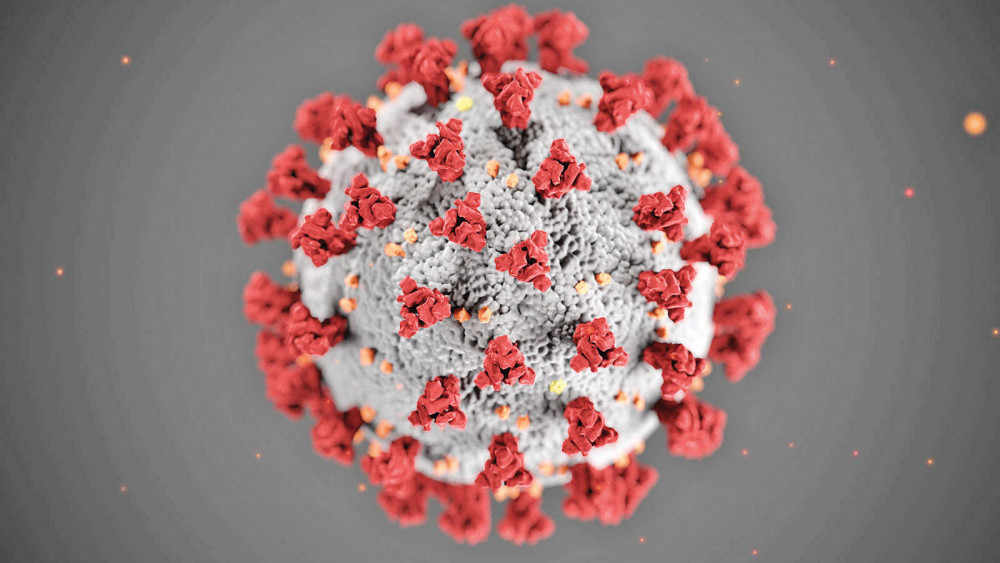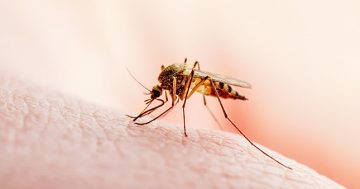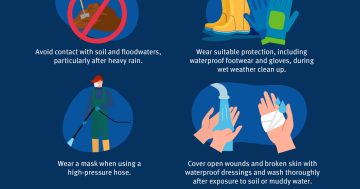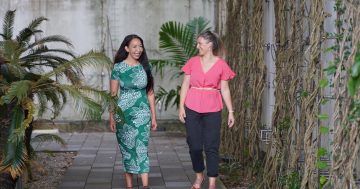
CAPE York appears to be winning the battle against COVID-19 with case numbers dropping below 200 for the first time since early January.
As of Friday, there were 184 active cases within the Torres and Cape Hospital and Health Service region.
Thursday Island had the most cases with 48, followed by Weipa (46), Cooktown (18) and Masig Island (10).
To date, accounting for those who have been discharged from quarantine, the region’s health service has recorded 4737 cases of COVID-19.
“I would like to thank all our communities for turning out to be vaccinated over the past year since the start of our vaccination program in March last year,” TCHHS chief executive Bev Hamerton said.
“The current pandemic shows no signs of abating, so we continue to urge people to be vaccinated and fully complete their course of two doses of vaccine plus a booster if they haven’t already done so.
“As well as vaccination, it is important we also continue practising measures such as physical distancing, wearing a mask when unable to distance, handwashing, and staying home if unwell.
“These measures, combined with remaining up to date with your COVID-19 vaccination and your flu vaccination, can minimise the spread of these viruses and reduce the risk of serious illness.
“This is especially important with the risk of other respiratory illnesses such as influenza increasing.
“Influenza has not figured highly in most people’s minds over the past two years of the COVID-19 pandemic and case numbers have been lower than normal over the past two years.
“There were no laboratory-confirmed flu cases in 2021 and only 17 in 2020, compared with 642 cases in 2019, immediately before the pandemic.
“This was primarily due to the various pandemic social distancing, mask-wearing, hand-washing and other hygiene measures.
“With pandemic measures largely no longer in place across the state, the potential for influenza to spread this year is much higher.
“As with COVID, the best protection against influenza is the influenza vaccination. The fluvax is available from this month (April) and is free for those groups at higher risk of severe disease.”









